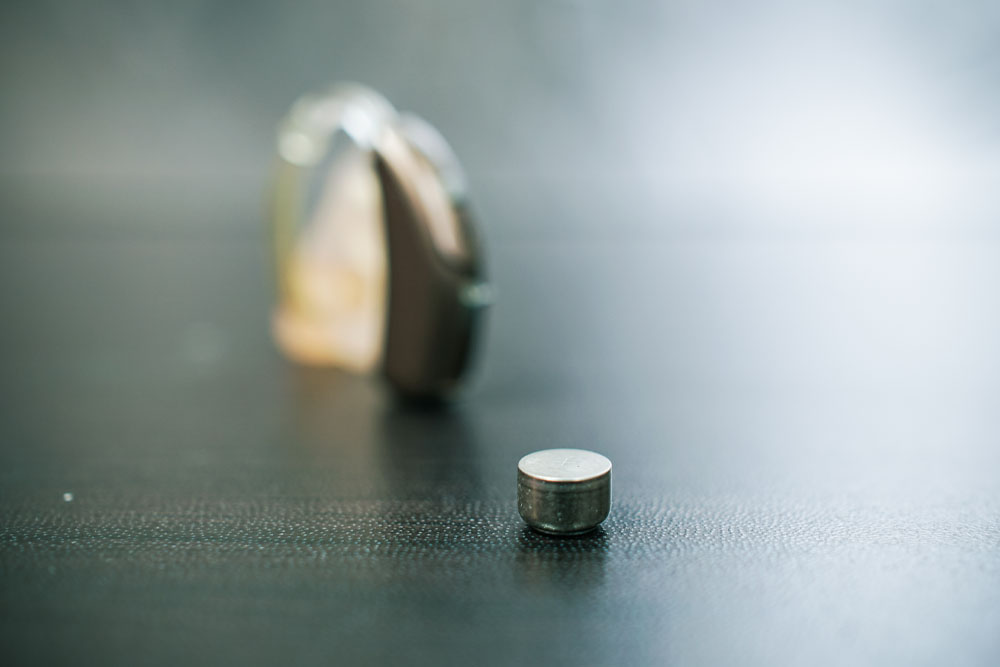Do you often find yourself in the frustrating predicament of your hearing aid batteries dying just when you need them the most? The lifespan of these tiny powerhouses can vary significantly based on usage patterns, environmental factors, and even your altitude. While in theory, a typical hearing aid battery can deliver over 100 hours of service, real-world scenarios often yield anywhere from 3 to 22 days of battery life. This variability is influenced by factors such as the intensity of use, utilization of advanced features like streaming, and the elevation at which you reside.
Certainly, some situations warrant the sacrifice of battery life for enhanced functionality. Whether it’s cherishing every word shared during a bustling family dinner or immersing yourself in the therapeutic sounds of music for tinnitus relief, certain battery-draining activities are undoubtedly worth the expenditure. However, it’s equally crucial to discern when your batteries are being needlessly depleted, often unbeknownst to you. Understanding the nuances of your hearing aid batteries empowers you to optimize their lifespan effectively.
It’s essential to recognize that the longevity of your hearing aid batteries is subject to many variables, including the severity of your hearing impairment, daily usage duration, frequency of streaming activities, utilization of advanced functionalities, the age of the batteries upon insertion, and environmental conditions.
For any battery size, adopting specific practices can prolong their lifespan. Here are 13 secret strategies to ensure your hearing aid batteries stand the test of time:
1. Exercise Caution with Bulk Purchases
While procuring hearing aid batteries in bulk may seem economically sensible, it’s imperative to exercise restraint. Batteries gradually lose their charge even when sealed, requiring careful usage to optimize their effectiveness.
2. Opt for Fresh Stock
Always prioritize acquiring the freshest pack of hearing aid batteries available, whether from physical stores or online vendors. Beware of discounted offerings, as they may signify outdated inventory with diminished efficacy.
3. Prioritize Older Batteries
Utilize older batteries first, acknowledging that all batteries, including zinc-based variants, exhibit shelf-life degradation. Consuming older stock before fresher ones optimizes overall battery longevity.
4. Activate and Utilize
Upon removing the tab, promptly activate and incorporate the batteries into your hearing aids. Contrary to popular belief, restricting usage to conserve energy yields marginal benefits, as modern zinc batteries start to drain upon activation.
5. Be Patient
Allow approximately five minutes for the zinc to activate post-tab removal before inserting the battery into your device. This simple delay can yield up to three additional days of battery life—a substantial extension.
6. Avoid Extreme Temperatures
Do not expose hearing aid batteries to freezing temperatures, as this exacerbates energy loss. Optimal storage locales include dry, ambient environments such as bedroom drawers.
7. Ventilate Your Device
Counteract moisture accumulation by habitually opening the battery door when your hearing aids are not in use. This ventilation minimizes trapped moisture, consequently extending battery longevity.
8. Mind the Humidity
To safeguard batteries from premature deterioration caused by moisture exposure, opt for storing hearing aids away from excessive humidity, such as bedroom drawers.
9. Invest in Dehumidification
In humid regions, invest in a hearing aid dehumidifier or room dehumidification systems to mitigate moisture-induced corrosion, preserving both batteries and hearing aids.
10. Remove During Prolonged Disuse
During periods of extended hearing aid disuse, such as due to ear infections, remove batteries entirely to prevent unnecessary drain and prolong their operational lifespan.
11. Prioritize Hygiene
Maintain impeccable hand hygiene to mitigate the transfer of dirt, oil, and skin cells, which can compromise the hearing aid-battery interface, thereby optimizing energy transfer efficiency.
12. Heed Device Cues
Pay heed to indicators suggesting battery replacement, such as distorted sounds or heightened volume requirements. These cues signify dwindling battery life, warranting timely replacement.
13. Explore Rechargeable Alternatives
Consider the viability of rechargeable hearing aid batteries, which, despite an initial cost premium, offer long-term savings and convenience. Assess the trade-offs between energy capacity and recharge frequency to ascertain suitability.
By adhering to these tactics, you can substantially prolong the lifespan of your hearing aid batteries, ensuring uninterrupted auditory assistance when you need it most.



